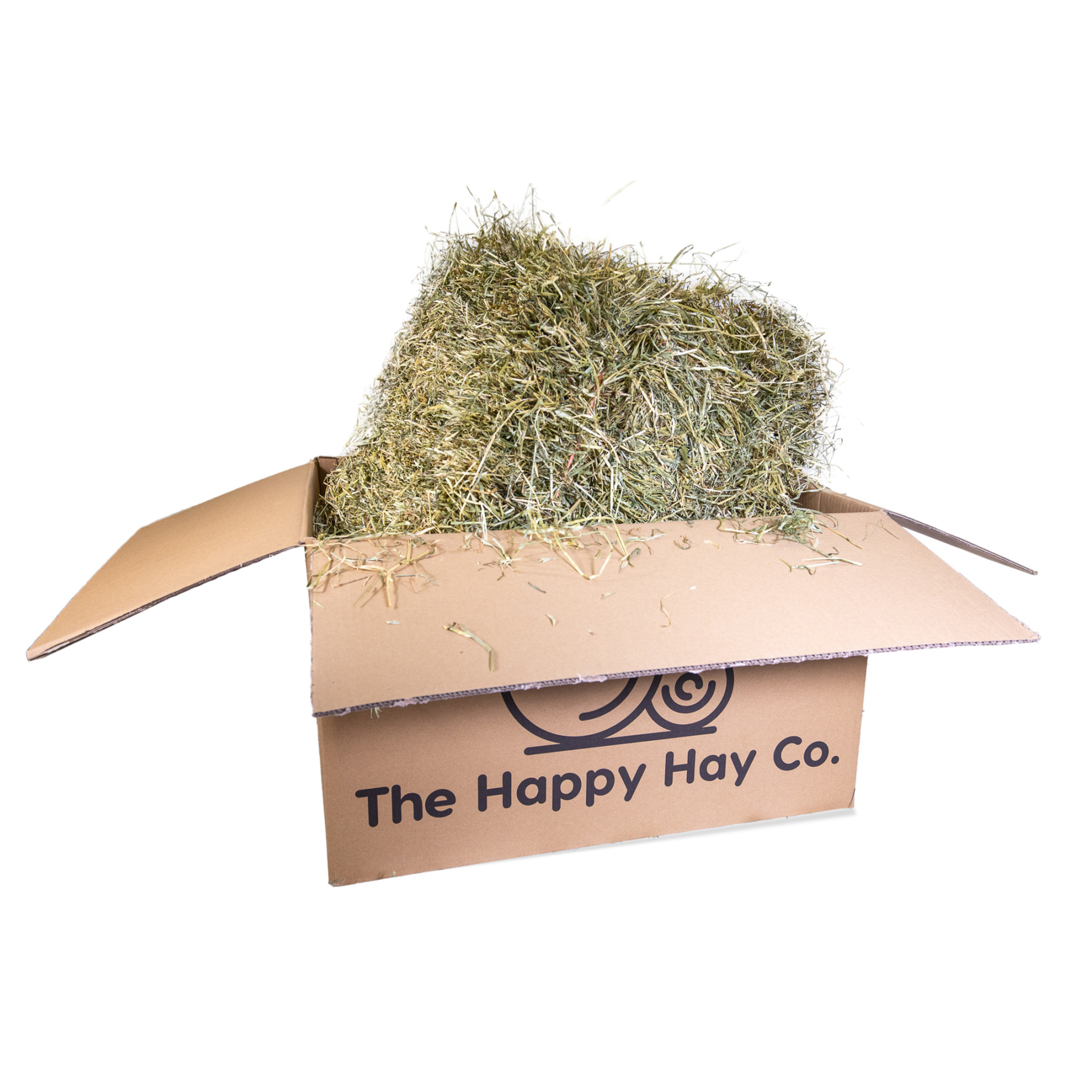Can Rabbits Eat Rye Hay?
When it comes to the diet of rabbits, hay is an essential component. It provides the necessary fiber for their digestive system and helps maintain their dental health. While timothy hay is commonly recommended for rabbits, there are other types of hay that can also be fed to them, including rye hay.

What is Rye Hay?
Rye hay is a type of grass hay that is derived from the rye plant (Secale cereale). It is similar to other types of grass hay, such as timothy hay and orchard grass. Rye hay is typically green in color and has a coarse texture. It is commonly used as livestock feed and is readily available in many places.
Is Rye Hay Safe for Rabbits?
Rye hay is generally safe for rabbits to consume. It is high in fiber and can provide the necessary nutrition for their digestive health. However, it is important to note that some rabbits may have specific dietary needs or sensitivities, so it is always best to consult with a veterinarian before introducing any new type of hay into their diet.
Advantages of Feeding Rye Hay to Rabbits:
- High in fiber: Rye hay is rich in fiber, which aids in maintaining a healthy digestive system for rabbits. It promotes regular bowel movements and prevents gastrointestinal issues.
- Varied texture: The coarse texture of rye hay can help wear down rabbits’ teeth, which constantly grow throughout their lives. Chewing on hay helps prevent dental problems such as overgrown teeth.
- Affordability: Rye hay is often more affordable compared to other types of hay, making it a cost-effective option for rabbit owners.
- Availability: Rye hay is readily available in many places, making it easily accessible for rabbit owners.
While there are advantages to feeding rye hay to rabbits, it is important to ensure that it is provided as part of a balanced diet. Rabbits also require a variety of fresh vegetables, water, and a small amount of pellets to meet their nutritional needs.
Introducing Rye Hay to Rabbits
When introducing rye hay to rabbits, it is best to do so gradually. Start by adding a small amount of rye hay to their existing hay and gradually increase the proportion over time. This allows their digestive system to adjust to the new hay without causing any digestive upset.
It is also important to ensure that the rye hay is fresh, clean, and free from dust or mold. Rabbits have sensitive respiratory systems, and dusty hay can lead to respiratory issues. Additionally, any moldy hay should be discarded as it can be harmful to rabbits.
Tip: Store rye hay in a cool, dry place to maintain its freshness and prevent the growth of mold.
FAQs
1. Can rabbits eat rye straw?
No, rabbits should not eat rye straw. Unlike rye hay, rye straw does not provide the necessary nutrition and fiber for rabbits. It is best to stick to feeding them rye hay instead.
2. How much rye hay should I feed my rabbit?
The amount of rye hay to feed your rabbit depends on their size and age. As a general guideline, rabbits should be provided with an unlimited amount of hay daily. This ensures that they have constant access to the fiber they need for a healthy digestive system.
3. Can rye hay cause digestive problems in rabbits?
Rye hay is generally safe for rabbits and does not commonly cause digestive problems. However, some rabbits may have specific dietary sensitivities or allergies, so it is important to monitor them after introducing rye hay to their diet. If you notice any signs of digestive upset, such as diarrhea or decreased appetite, consult with a veterinarian.
4. Can rye hay be fed to baby rabbits?
Yes, rye hay can be fed to baby rabbits. However, it is important to ensure that the hay is fresh, clean, and free from any potential hazards. Baby rabbits have delicate digestive systems, so it is crucial to introduce new foods gradually and monitor their response.
Related Articles…
Copyright Notice:
Images displayed on this website are not our property, but are procured from the internet. If you hold copyrights to any image and wish for its removal, please get in touch with us.